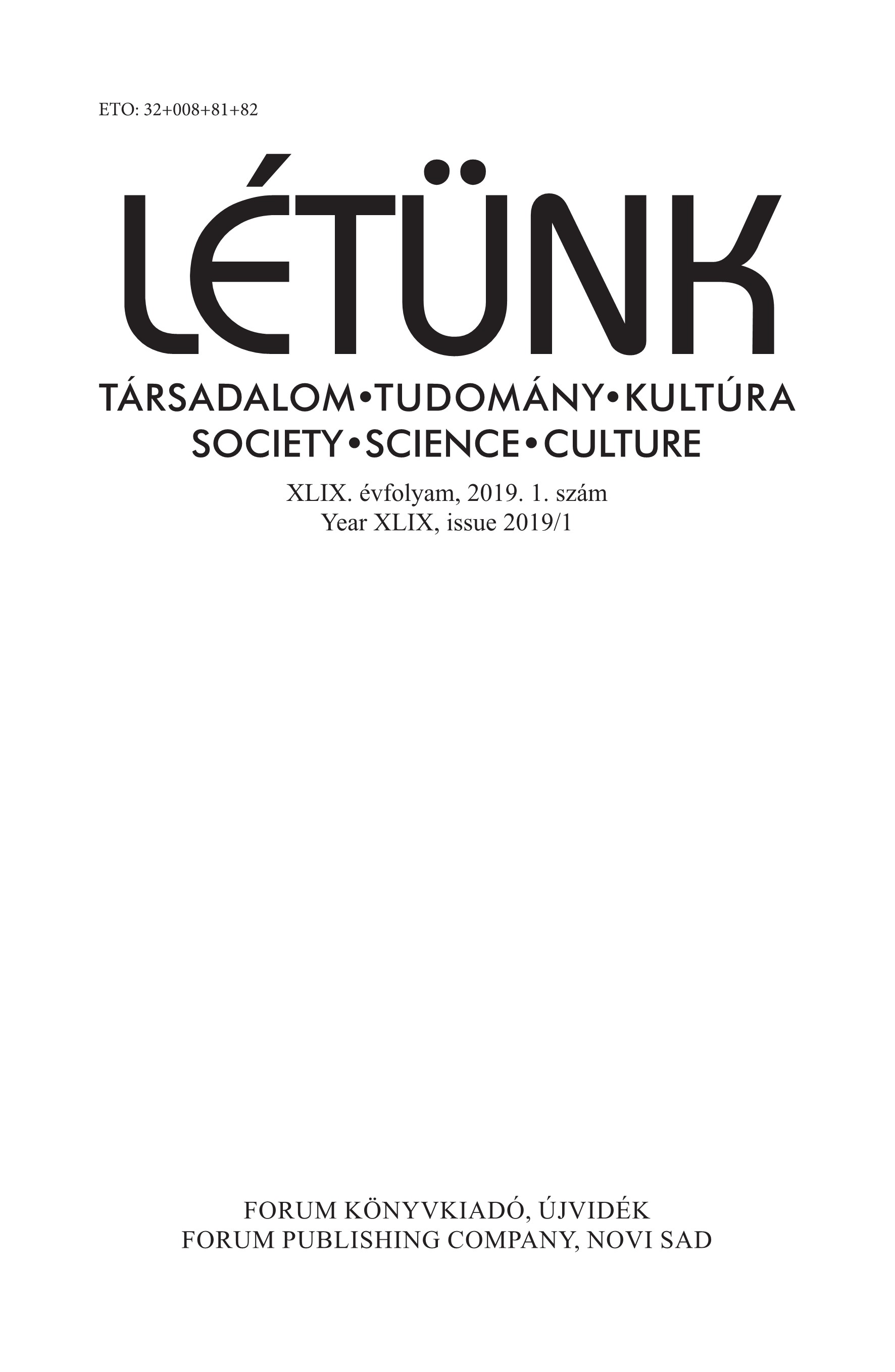Fiatalok elvándorlásának csökkentése pedagógiai szemléletváltással és módszerekkel
Preserving Community And Preventing Exodus With Changing Pedagogical Approach And Methodology In Education
Author(s): Mária HerczSubject(s): Education, History of Education
Published by: Fórum Könyvkiadó Intézet
Keywords: exodus; educational research; education; pedagogical assessment; entrepreneurship education
Summary/Abstract: A significant issue of our region is the youngsters’ exodus, its handling by major nations and minor communities cannot be delayed in view of the future. Present paper assumes that a relatively rapid and effective solution requires bottom-up innovation, and schools’, teachers’ (and parents’) different approach in order to quicken the changes thus the upcoming generations could become successful and happy citizens who support the progress of their nation. How could this be achieved? What changes are needed in content and aspect? What are those great targets which could be reached through the abovementioned small steps? What are the initial steps and how could it go on? The most relevant strategic objectives of the UNESCO and the EU support those pedagogical substances what the author of the present paper considers essential to sketch the framework of a new pedagogical approach: (1) active, experience-and-challenge-based teaching and education, (2) student-centred assessment, (3) development of the social competency, especially (4) education for becoming entrepreneurs, more precisely the development of the social entrepreneurial competency. Scientific logic and structure of this paper is non-conventional; not one empirical research is discussed but peculiarities of many researches are highlighted to give countenance to its message, to call readers’ attention and make them reconsider the results. Among many others, a research on teachers’ thinking (N=502; questionnaire with Cronbach-α=0.89), the partial result of a large-sampled “children’s voice” research (Grades 4 and 5 N=2472; Grades 7 and 8 N=2533, with Cronbach-α per modules 0.75<x<0.92), and some results of an international social entrepreneurship program (UKids) are covered. The questions of this paper are answered with the help of a theoretical framework of which elements are from the author’s theoretical and practical researches.
Journal: Létünk
- Issue Year: XLIX/2019
- Issue No: 1
- Page Range: 39-58
- Page Count: 20
- Language: Hungarian

